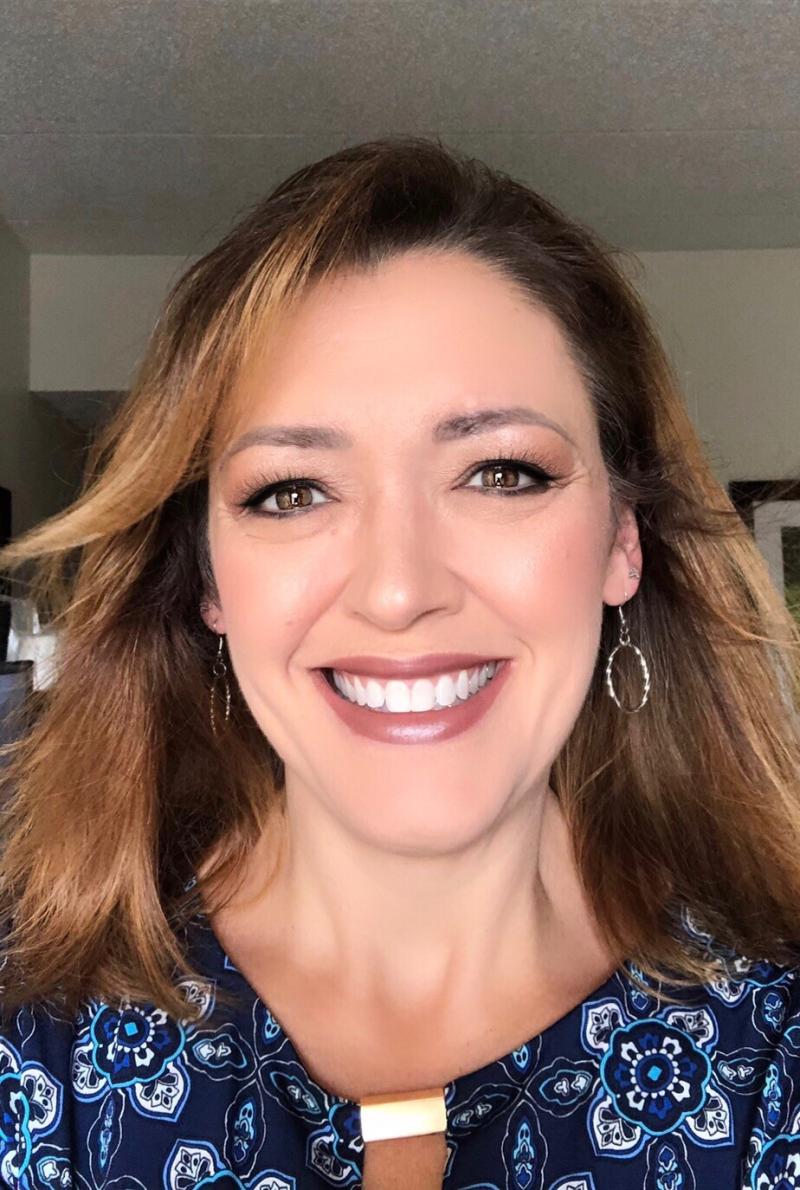
This week’s “Spotlight” interview shines on Sandra Napier, MSN, FNP-BC, a member of the acute stroke team at Duke University Hospital. Napier talks to us about her work reviewing the vital signs trends, medications, and diagnostics for stroke patients, collaborating on multidisciplinary teams to develop tailored care plans for those patients, and mentoring medical and advanced practice students in the hospital. Napier also discusses how the Doctorate of Nursing Practice degree she is earning will build on her existing expertise and talks about her volunteer work for the Juvenile Diabetes Research Foundation and traveling throughout the East Coast when she’s not at work.
What are your current responsibilities within the Neurology Department? What does a typical day for you look like?
I function as a team member on the acute stroke team at Duke University Hospital. My responsibilities include reviewing my patient assignment and all pertinent data over the past 24 hours of each shift. This includes monitoring efficacy of medications, vital sign trends, review of pending and completed laboratory tests, as well as diagnostic imaging. I will round on each patient in the morning and then collaborate with the team of physicians, residents, and pharmacists to develop a plan of care individualized for each patient. I also complete patient and family teaching and participate in multidisciplinary meetings to develop safe discharge planning as the patient is ready for transition back to acute rehab or home. I, along with the rest of our team, also precept and mentor a variety of medical and advanced practices nursing students that rotate through our service for clinical experience.
What do you enjoy most about working with stroke patients?
Stroke is a highly preventable medical emergency that often results in disability. I find it most rewarding when our patients undergo advanced treatments at Duke that result in full, or nearly full recovery, from their strokes, allowing them to regain function and enjoy productive lives. I also enjoy engaging with patients and families to help them understand measures that should be taken to reduce the risk of a future occurrence. I also enjoy teaching, collaborating with our team of providers including the attending physicians and the neurology residents, with whom I have formed many close relationships.
What’s the hardest part of your job?
Stroke is the leading cause of disability in the United States and we accept patients from all around the state. Some of the cases are highly complex and the nature of brain injury can be extensive at times. It is extremely difficult for me when patients ask how long it will take to improve or regain function and there is not always a clear answer since every patient recovers differently from his or her stroke. It is the most difficult for me when the patients are younger adults who are neurologically devastated from stroke that will impact family dynamic, employment, and independence. At times, the service is very busy and it can be challenging to provide each patient and family the time needed to prepare for transitions to rehab or back to the home setting.
You’re currently working on your Doctorate of Nursing Practice degree. What is the area of focus for that degree, and how do you hope it will complement or improve your work?
The Doctorate of Nursing Practice is a clinically focused advanced degree that builds on the concepts from the Master's level training. It serves provide the knowledge base and skills set needed to prepare one to truly function as a change agent and expert in his or her field. This in turn, provides the foundation needed to implement evidence-based practice within the clinical setting, develop quality improvement projects, leadership, and mentoring for future nurse practitioners. I am very passionate about improving patient outcomes and quality of life. The knowledge base from this degree will complement my work to develop meaningful patient centered interventions. I am currently working on a proposal for the IRB in conjunction with Dr. Weiss, PGY-2 neurology resident, that focuses on patient centered counseling for sexual dysfunction after stroke.
You recently presented at the West Virginia Advanced Practice Nursing Update Conference. What topic did you discuss? How will that presentation help improve the care we offer to patients?
I am a West Virginia native and enjoy going home every year to participate in the spring conference. In practice, we are seeing stroke incidence in younger adults more and more frequently and the cost related to this can be quite mind-blowing. I presented a talk on considerations for work up of stroke in young adults. We expect that many patients may have risk factors for stroke as they age in their 60s, 70s, and 80s, etc... However, when stroke occurs in adults ages 20s through 40s, the dynamic for work up is quite different and testing involved to identify the source of stroke can be quite complex. I hoped to increase understanding for other advanced practice providers when young adult stroke patients follow up after hospitalization to decrease the risk for recurrent stroke.
What other passions or hobbies do you have outside of the Department?
I am a community volunteer for the local Juvenile Diabetes Research Foundation which is extremely important to me, in hopes of someday finding a cure for Type 1 diabetes. I love the coast and enjoy traveling with my family to different coastal regions. I am an animal lover and enjoy spending time with my friends, cooking, fishing, concerts, and most outdoor activities. At the end of the day, I am passionate about savoring the small things in life.